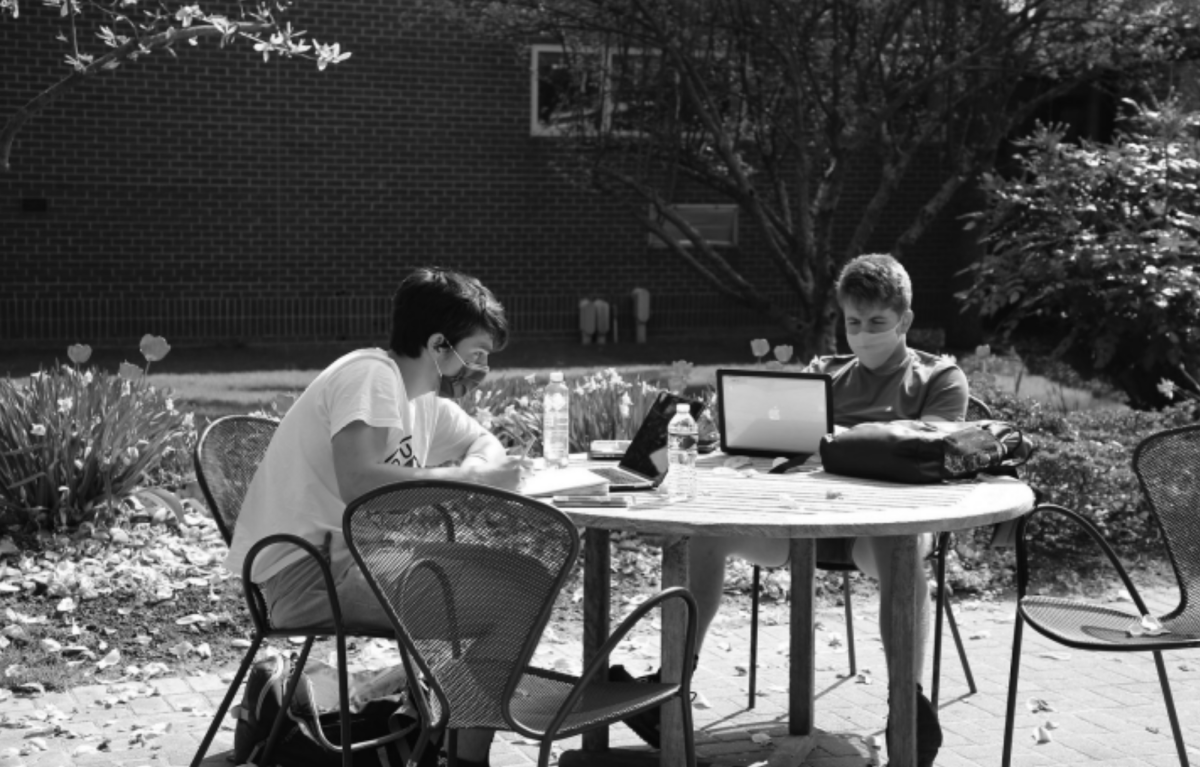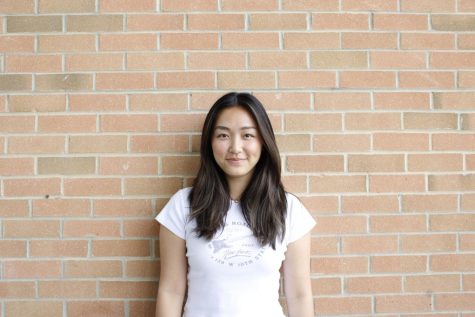April 30 marked the last day of academic classes for the Sidwell class of 2021, leaving seniors the remainder of the school year to work on senior projects. On the official last day of school in June, seniors will present their project experiences to the rest of the Upper School.
Members of the class of 2021 had their junior year on campus cut short by the start of lockdown last March and experienced their entire senior year under COVID-19 restrictions.
Senior Hyland Wood said her high school experience “has felt pretty short, mainly because of the pandemic, but I have definitely enjoyed my time at Sidwell.”
However, with Sidwell’s implementation of the hybrid in-person school model, students across all divisions were provided with some sense of normalcy. “We [were] all able to enjoy a closer-to-normal year,” said junior Emma Dower.
After just a few months of her senior year on campus, Olivia Field is “feeling bittersweet about graduating” as she “will miss the community.”
Though freshmen, sophomores and juniors continue their classes until the first week of June, seniors finish their classes at the end of April. They are given five weeks’ time to work on their projects, which are designed to allow students to explore their interests through experiential learning. According to the Sidwell Friends website, “senior projects allow students to follow their passions or try something new.”
While some students may be interested in learning a new language, others may choose to intern at hospitals or program robots. The flexible nature of senior projects makes them effective at giving students hands-on experience in a field of work, regardless of whether it pertains to a specific career path.
“Senior projects provide seniors with the opportunity to explore an area of interest beyond what they have learned in the classroom,” said Assistant Head of School Min Kim.
Field and Wood partnered up for their project and are “trying to recreate some of [their] favorite foods, but with plant based ingredients,” according to Wood.
Their inspiration came from the Environmental Science class they took this year, where they “learned about the ways in which factory farming and the dairy industry in particular harm the environment,” explained Field. They felt moved by the material covered in class and decided to
dedicate their five weeks to exploring ways to eat sustainably.
Field and Wood shared that sustainable eating is centered around choosing foods that are not just healthy for the body, but for the environment as well. For example, they made dishes such as cauliflower tacos and vodka pasta, using all vegan ingredients. By excluding animal-derived ingredients from their dishes and replacing them with products such as vegan butter and coconut milk, Field and Wood have minimized their environmental footprint.
In efforts to “spread awareness for more environmentally friendly foods,” the two have been blogging their sustainable cooking process through the Instagram handle @hyl_oliv_plants.
“We hope to share these recipes with the Sidwell community and encourage them to think more deeply about the environmental impact of the food we eat,” said Field, recognizing that “it’s not so much about being completely vegan but more so about making a conscious effort to minimize our footprint.”
“This year has been hard,” added Field, “but everyone has been making such an effort to make the most of it, which is awesome.”












































